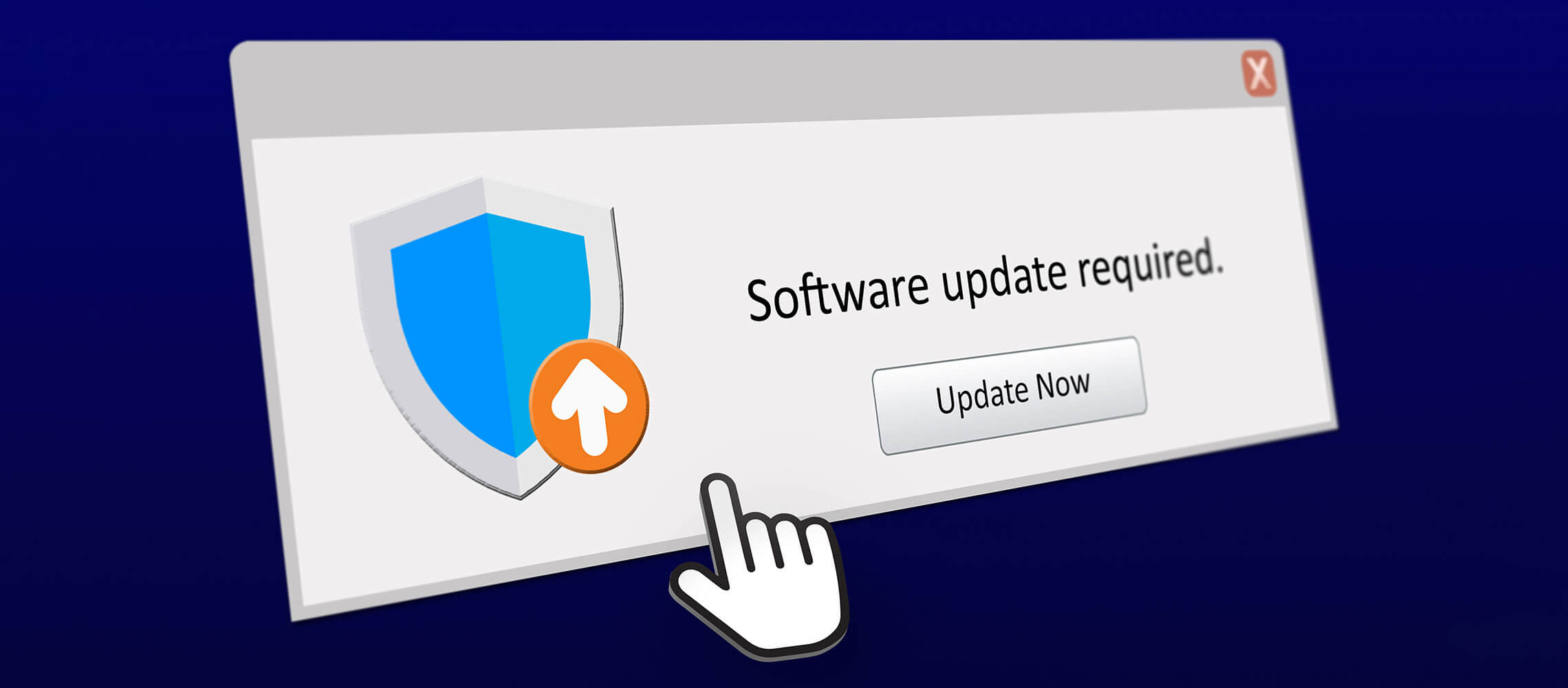Don't Trust that Pop-Up! How to Avoid Tech Support Scams
Read time: 5 Minutes
October 4th, 2020
Picture this: One day, the phone rings and the person on the other line says they're from Microsoft® and have discovered a virus on your computer, but can remotely connect to your hard drive to eliminate the virus—for a fee. Or maybe a pop-up appears on your screen that says your PC is infected with malware, and asks you to download a piece of software to "fix" the problem.
If these scenarios sound familiar, it's more than likely that the organization or individuals you were dealing with were actually fraudsters trying to trap you in a tech support scam or a computer repair scam. In these situations, tech support scammers try to convince you there's a serious problem with your computer, such as a virus or other malware. They offer to fix the problem by offering (unnecessary) tech support services if you pay them first, usually in the form of wiring money, prepaid cash or gift cards or money transfer apps such as Venmo®, because these types of payments can be difficult to track or reverse. After they've got your money, they disappear. This is a form of what's known as an advance fee scam, and it's more common than you might think.
Microsoft has estimated that these types of tech support scams and computer repair scams defraud more than 3 million people each year, at a cost of almost $1.5 billion nationwide. The average loss is usually higher than $450 per incident; some people never even realize they've been conned.
Don't become a victim. Here are some of the most common types of tech support scams, and tips on how to avoid them and what to do if you do get scammed.
Phone Calls
In this type of scam, called a "vishing" (voice call phishing) attack, fraudsters will call, posing as computer technicians from a well-known company, such as Microsoft or Apple®. They'll claim to have found a “problem" with your computer and will ask for remote access to your PC so they can run a diagnostic test. Instead, they'll often be directly installing malware themselves or tracking software that'll give them access to personal info on the computer. Then, they'll request you pay them funds to fix the alleged issue or to pay for antivirus software that's free to download anyway.
If you receive an unexpected phone call, hang up. Companies such as Microsoft or Apple will never contact you directly by email, phone or text message to discuss problems with your computer. If you did give scammers remote access to your computer, update and run your computer's security software. Scan your computer for problems and delete anything it identifies as a virus. Be prepared for the possibility that you may need to completely wipe your hard drive and have your operating system reinstalled.
Pop-Ups
These scams appear in the form of alert windows that pop up on your computer screen, usually when visiting an untrustworthy website—for example, by following a link from a spam email or by mistyping a URL. These pop-ups may look like Windows or macOS system error messages or warnings from antivirus software, and might even include brand logos from trusted companies.
But, if the pop-up has signs that might indicate deception, such as misspelled words and poor grammar, unprofessional imagery, urgent language or if the pop-up asks you to click a link or call a phone number for assistance, close the window immediately.
If you realize you have given a tech support scammer your username or password, change your password immediately. If you use the same password for other websites or accounts, change those as well.
Online Ads and Listings
Scammers may run their own ads or use specific keywords to get their websites to appear in online search results for tech support. These fraudsters are hoping that you'll mistake their site for a legitimate tech company and call their phone number to get help. If you're looking for computer support, independently research organizations online to find quality businesses whose reputation can be verified.
If you paid a tech support scammer with a credit card, contact the bank or the company that issued the card immediately. Explain that you paid a scammer with the card and see if they can shut off the card, reverse the charges and refund your money.
What to Do if You've Already Gotten Scammed
It's crucial to be vigilant of any businesses that may follow up with you, promising a refund. Fraudsters might say they'll give your money back if you're unhappy with the tech support “services" you received, or even that the company is going out of business. Whatever their story, they're not actually giving refunds. Never share your bank account or other financial info in these situations.
If you believe you have been a victim of a tech support or computer repair scam, report it to the Federal Trade Commission at ftc.gov/complaint. The FTC uses these reports to bring lawsuits against companies that have defrauded consumers and to help get refunds to individuals who have lost money. From July 2017 to June 2018, FTC cases yielded more than $2.3 billion in reparations. Additionally, contact the three major credit-reporting agencies—Equifax, Experian and TransUnion—to notify them about the possibility of fraud on your account, so your credit score won't be negatively affected.
You're about to exit BOH.com
Links to other sites are provided as a service to you by Bank of Hawaii. These other sites are neither owned nor maintained by Bank of Hawaii. Bank of Hawaii shall not be responsible for the content and/or accuracy of any information contained in these other sites or for the personal or credit card information you provide to these sites.




